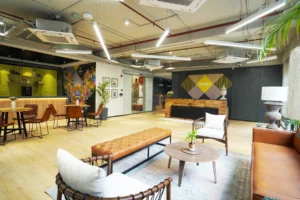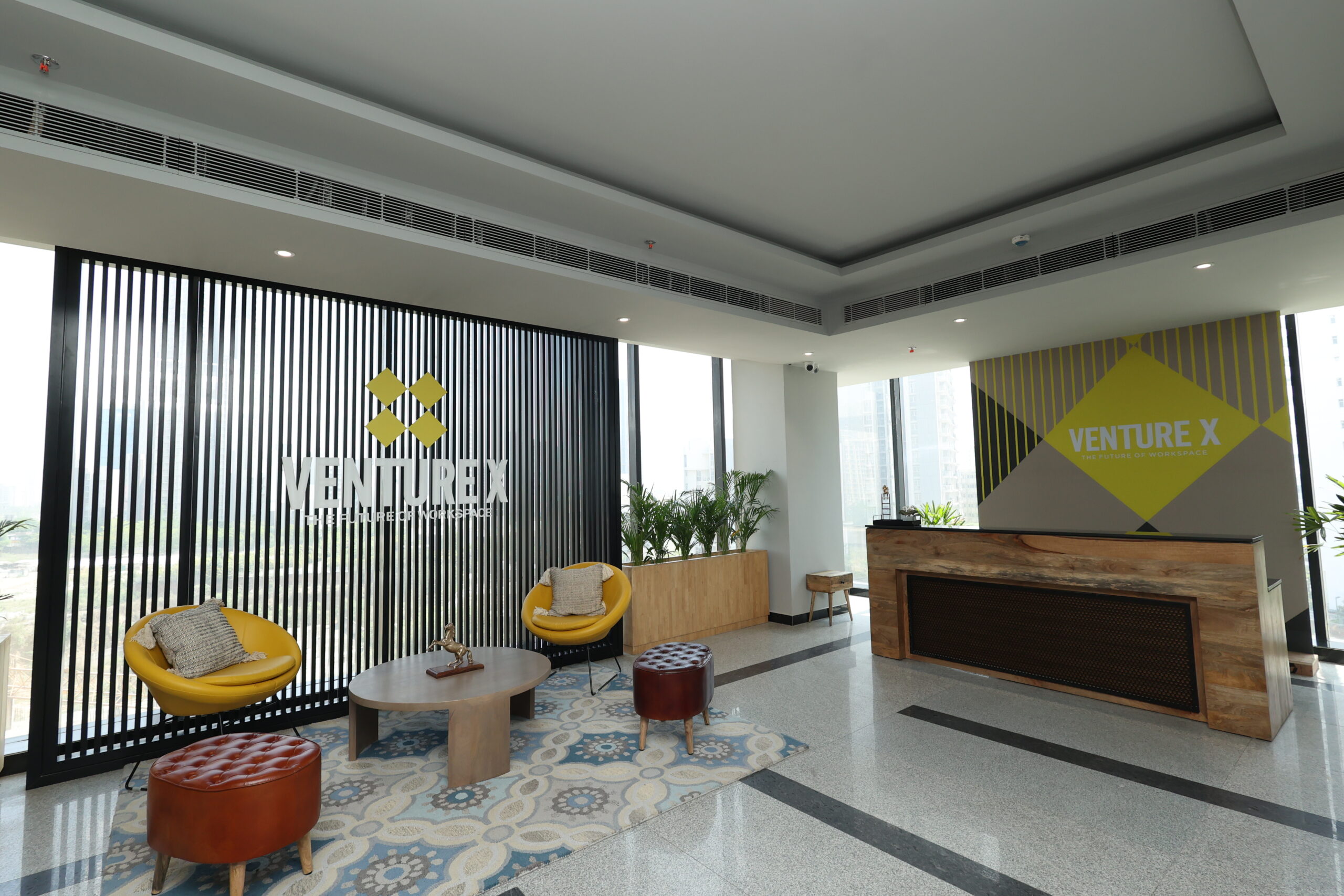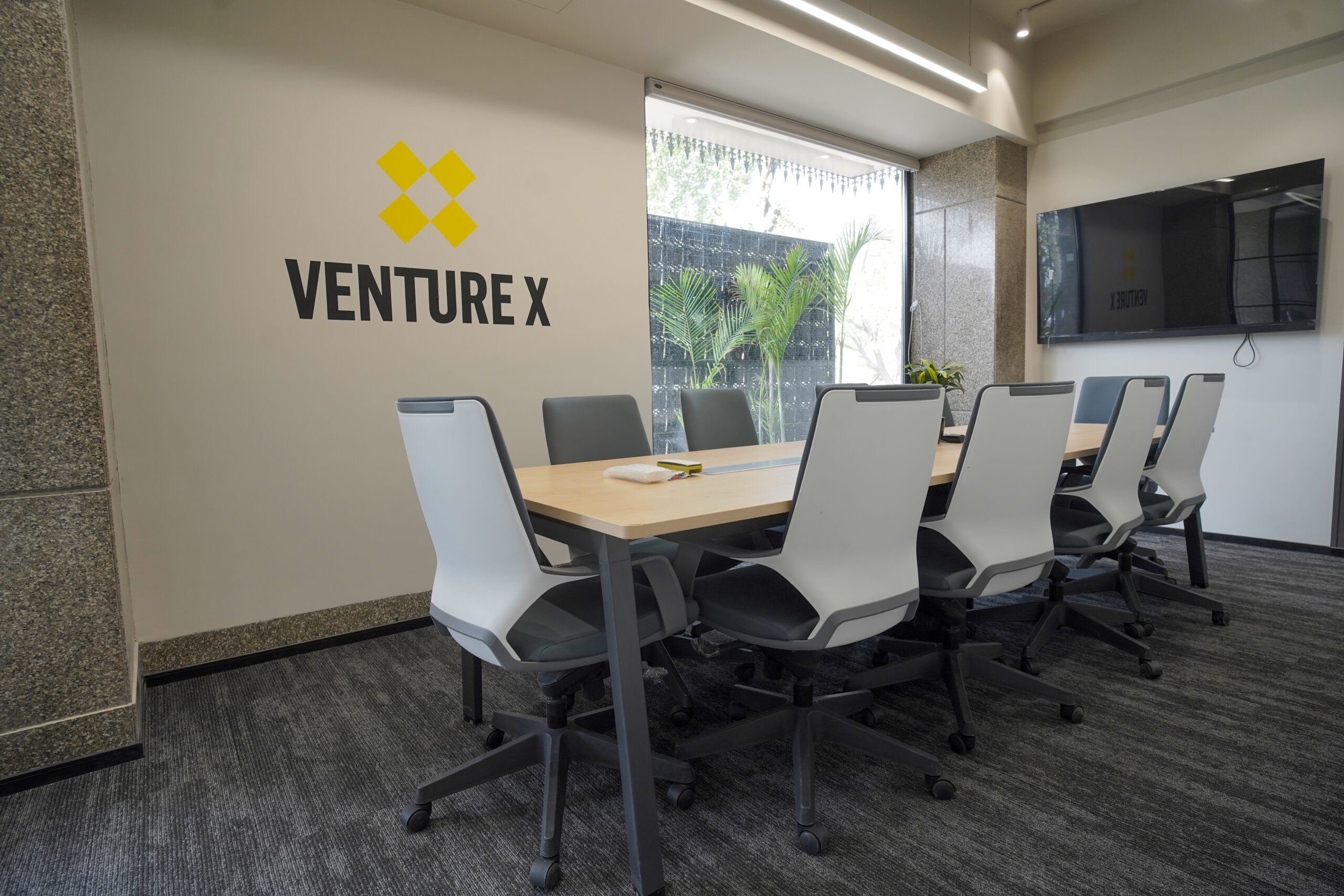The workplace has evolved as a result of the idea of flexible workspaces. The days of having to work nine to five at the same desk in the same workplace are long gone. A dynamic approach to working is provided by flexible workplaces, which promote innovation, output, and teamwork.
Several trends will influence the flexible workspace market as 2024 approaches. Finding a flexible workplace in your area or thinking about implementing a flexible office design for your company can both benefit from an awareness of these trends.
Trends for the flexible workspace industry in 2024
- Hybrid Work Model- The hybrid work style is gaining popularity among organisations since it combines remote and in-office labour. Nowadays, businesses wishing to use this approach tend to turn to flexible offices. Employees can pick where they work on any given day in flexible coworking spaces, which guarantees they have the ideal setting for their jobs. Reducing commute times and achieving a better work-life balance are the driving forces behind this trend.
- Technology Driven Spaces- In the years to come, technology will have a significant influence on how flexible workspaces are designed. Flexible shared workspaces will become more effective and user-friendly with the incorporation of technology, from sophisticated booking systems and climate management to smart lighting and high-speed internet.
- Sustainability and eco-friendly designs- The need for environmentally friendly office spaces is rising along with environmental awareness. Green practices, such using recycled materials, installing energy-efficient equipment, and offering recycling and composting facilities, are becoming more and more common in flexible offices. In addition to lessening its impact on the environment, the move toward eco-friendly designs also makes workplaces healthier and more motivating.
- Activity-based Workspaces- Activity-based workspaces prioritise the design of office spaces to meet the requirements of various organisational functions, promoting both solo and group productivity. This approach is currently being embraced by a lot of businesses since it makes it easier to design a flexible workspace that meets the unique requirements of their staff.
- Wellness and community-focused spaces- The focus on community development and worker well-being is changing how flexible workspaces are designed. In flexible coworking spaces, amenities including communal areas for networking, exercise zones, and wellness rooms are becoming standard. These areas not only encourage a healthy way of living but also help workers feel like they belong, which improves productivity and overall job happiness.

WHY VENTURE X?
We provide a range of adaptable workstation choices. Venture X offers the ideal layout to satisfy your needs, whether you’re looking for a place to discuss with your team or a quiet place to concentrate.
For easy communication and cooperation, our office spaces are furnished with the newest technology. Connecting with your team is simple because to the sophisticated audio-visual equipment and fast internet.
Venture X is more than simply a place to work; it’s a thriving community of professionals from different industries. Attending workshops, social events, and networking events might help you expand your professional network.
Don’t pass up the chance to work in an environment that suits your needs and gets you ready for the workforce of the future.
To arrange a tour and learn more about how Venture X can help your company succeed, get in touch with us right now.
FAQs
What does flexible office space hold for the future?
Flexible office space appears to have a bright future full of innovation and steady expansion. The need for adaptable shared workplaces is anticipated to grow as companies prioritise employee well-being and embrace hybrid work methods. Technological developments will improve these areas’ functionality even more.
What distinguishes a typical workplace from a flexible workspace?
A flexible workspace’s degree of customisation and shared resources set it apart from a standard workplace. Conventional office spaces often include set layouts with individual offices and desks for each employee. However, hot desks, meeting rooms, and private office spaces are only a few of the seating configurations that flexible workspaces provide, all of which may be changed to suit the demands of the company.




